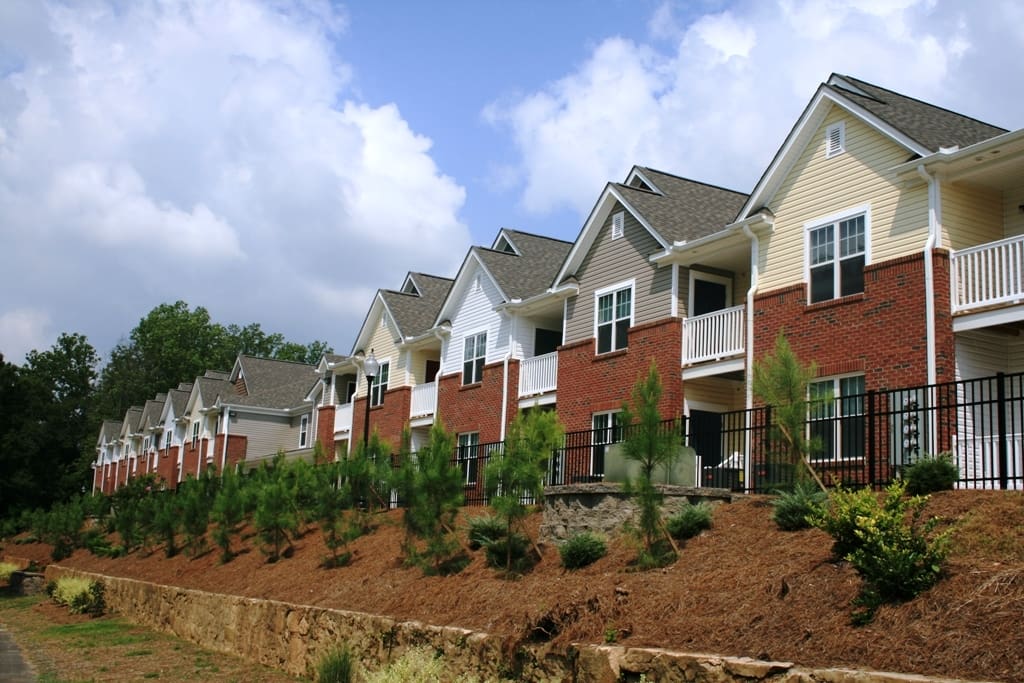
“This is about the moral center. This is about our humanity.”
—The Rev. William J. Barber II
Here at the NC Housing Coalition, we often refer to our work as the “big tent” of affordable housing. We think of housing affordability as an interdisciplinary and intersectional issue. Housing is not just about where you live. It is also about where you work, where your kids go to school, what kind of access to food you have, how safe you are. It is a racial issue as well as an economic issue. It is about solving homelessness and gentrification and any other policy or market practice that puts people out on the street. That is why the Coalition works so hard to bring so many different voices to the table. We want to hear from renters as well as developers. Homeowners and homebuilders. Government and community groups. As advocates, we believe there are many ways to think about how we got into this housing affordability crisis and how we can get out.
What we haven’t done is pose housing affordability to you as moral issue. Maybe that time has come.
In the first six months of 2017, our office has been inundated with people looking for housing they can afford in their communities. In most weeks, we receive more than 200 calls asking for help. Increasingly, those calls are coming from other advocates who see the affordable housing stock in their community starting to disappear at a rapid clip. In hot urban real estate markets, naturally occurring affordable housing is being bought by developers who see the opportunity to renovate it and turn it into market rate housing. Even more disturbing is the fact that many affordable multifamily properties, developed in the late 1980s and early 1990s with HUD or tax credit funding are coming to the end of their affordability periods at the exact time the real estate market is as hot as it has ever been and apartment rents are at historic highs. Residents and local governments are often caught off guard when these properties change hands. Even though many were originally purchased with a significant input of local and state taxpayer funds, no one is maintaining a list of these properties and watching when they might come up for purchase.
At what point have communities had enough? Do local governments have the responsibility to maintain listings of every property in which they have invested funding? If it is important to invest in affordable housing, isn’t it just as important to keep track of what happens to that housing long term?
“This is about the moral center. This is about our humanity.”
—The Rev. William J. Barber II
As we move into a period of rapidly decreasing housing affordability, the Coalition is committed to providing new tools to help local communities understand the challenge in their communities and plan for a more affordable future. The first step is to visit our website. You can access valuable information on affordability in your community and join the Coalition. Next, register for Housing Works! The 2017 NC Affordable Housing Conference. At the conference, you will gain valuable tools as well as network with other advocates looking to create direct change. As the largest affordable housing conference in the Southeast, it provides a unique opportunity for housing professionals from developers to housing counselors to homelessness service providers. And finally, you can invite NCHC staff to speak about housing affordability and economic mobility in your community. With over 100 speaking engagements a year, we have experience with audiences of all sizes and all levels of housing knowledge.
It will take all of us working together to make sure every North Carolinian has a safe, decent affordable place to live with opportunity for all.








